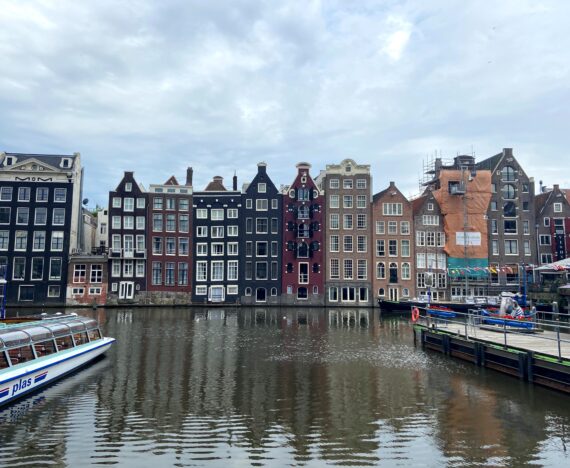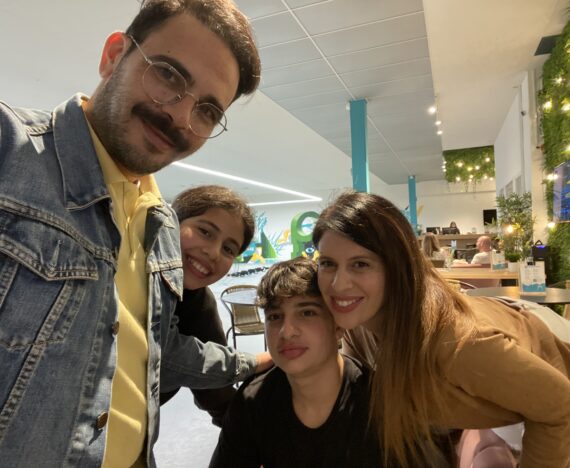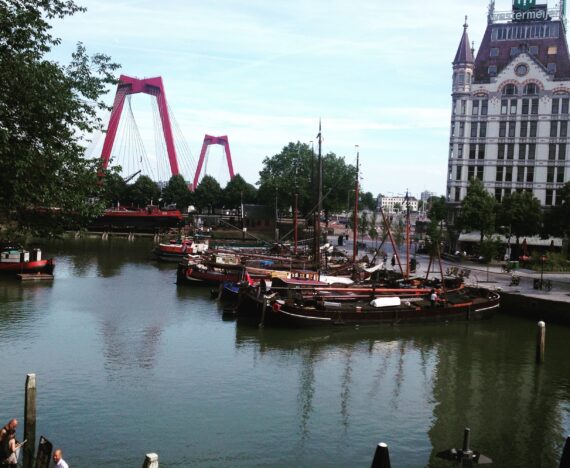Hello everyone!
As I said in my first article of this series with the top tips to move to different coubtries, you will find a link to the youtube video which is an interview to an expat in Spain, in this specific case.
Spain is definitely a ig country and of course some details ar different from city to city. This guide is more a general info and it can be useful since I add all the links which you might need to get quickly what you need.
Here some useful links if you are moving to Spain
NIE is the Spanish identification number and you’ll need it for anything. Without it you basically don’t exist in Spain. In fact, a NIE is needed to work, open a bank account and to access the health system.
The NIE can be requested by the expat who is moving, by a (legal) representative or via the consular office of the country of citezenship.
If you want to stay in Spain for less than 3 months all you need is your passport.
The Health System in Spain is public and free of charge. As we said earlier, to access it the NIE is needed. Once you get your NIE number it would be enough to go to the closer health centre to fill-in some questionnaires and be assigned to a GP.
It is always possible to add a private insurance if you need one.
In order to work in a Spanish company it is better to have a Spanish bank account. Usually the cost per month of a bank account is about €10, but you can get it for free if you pay your bills (at least 3) via direct debit from the account.
The cost of living can be different from city to city. Anyway, following the most updated statistics from numbeo the price for one-bedroom apartment goes from €600 to €800 and the average salary is of about €1,685.00 per month (after taxes). Even though, from the interview with Isotta, it looks there are many jobs with a monthly salary of about €1,000.00.
Public transportation . Since 2022 the Government is trying to limit the use of cars and encourage the citizen to use the public service. It is possible, in fact, to subscribe for 4 months to a very low price or for free, depending on how many times you use the service.
Who use mainly regional trains (Cercanias) are the ones who could get the subscription for free, who use interregional trains and the fast trains (AVE) instead, would have a 50% discount on the subscription.
No bad right?!
At the following link you can find the intrview to Isotta,
an Italian girl in Madrid






